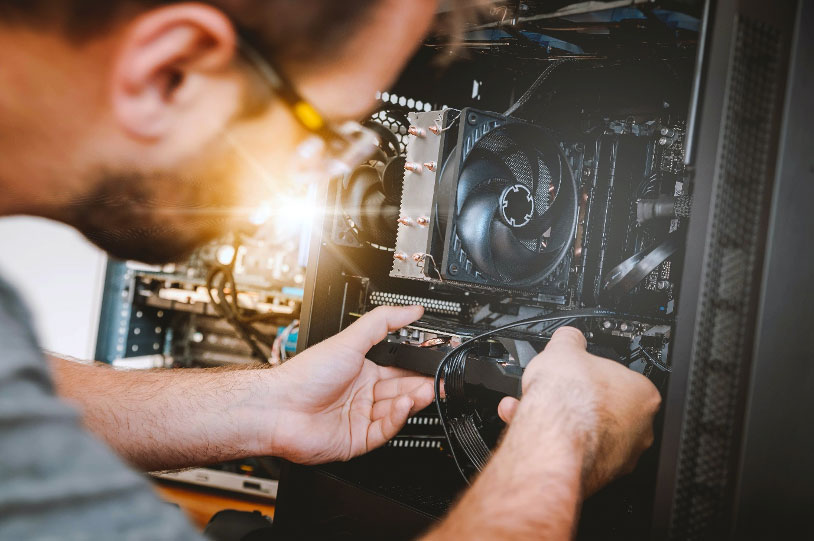
For the past 30 years, KAPA has designed and delivered everyday products that are efficient, safe and offering great results. As we develop more application that are more respectful of our environment and ressources to answer consumer concerns and desire – these products’ companions – white goods – are also changing.
Are we on the verge of a new era ?
The beginning of 2021 will be the culiminating results of amateur enthusiasts’ work and legislative change aiming to to reduce the world production of e-waste.
Did you know ?
Nearly two thirds of Europeans would rather repaire than buy a new electronic equipment1
In 2016, the world population produced nearly 46 million tons of e-waste. By the end of this year, 2021, this production is estimated to reach 52 million tons – growing to 90 million tons by 2050. According to some calculations, this makes it the single fastest growing source of rubbish in the world. The growth of this rubbish affects carbone missions as well as polluting waters and food chains.
It in the eye of this turmoil, that a civic movement is gathering momentum. Created in 2009, by Martine Postma in Amsteram, « Repair Cafés » are locally organised and held workshops that are freely available and allow individuals to bring their dysfunctional white good to be repaired by an amateur.
So why not attend one of these workshops near you – and give that toaster a second chance?
https://www.repaircafe.org/fr/a-propos/
https://www.repaircafe.org/fr/visiter/
Furthermore, in France , since the beginning of the year, there has been a legislative support to this movement. Pioneers in this matter, the French government has lead industrial players to improve the durability of their goods
Did you know ?
By increasing the usage of all washing machines, laptops, vaccum cleaners and smartphones in Europe by one year would save 4 million tons of carbon dioxyde from 20302
It took nearly two years for the manufacturors, the distributors and the representatives of stakeholders to reach a index calculation of repairability. Instituted by law, from January 1st, 2021, this index is applicable to 5 product types. The government’s objective is to increase the rate of repaire of this goods to 60% within 5 years. According to the ADEME, only 40% of « broken » white goods are repaired today.3
This index is calculated by weighting of 5 factors: ease of repair, prix of parts, availability of parts and instructions – all of which is compared to product category. This indew must be advertised at the time of sale. As from January 2022, failing to calculate or communicate this index can face a fine of up to €15 000.
Though not as deep rooted, other countries are applying measures to improve or promote the reparation of white goods – find out about such efforts in Austria, Australia or Hungary.
Reusing is a major axis for improving our carbon impact. At Kapa Reynolds we can only encourage this change. Kapa offers a range of household and DIY products that are reusable – as efficient at its last use as it was at its first – and always in line with your daily needs. We strive to always promote products that are better designed to be safe, efficient and effective whilst using ressources in the most balanced manner.
Why not call upon us , whatever the product category your are specialised in to hear of our innovations.
1source : http://trinomics.eu/wp-content/uploads/2018/10/CHAFEA2018-Behavioural-study-on-consumer-engagement-in-the-circular-economy.pdf
2source : https://www.itu.int/en/ITU-D/Climate-Change/Documents/GEM%202017/Global-E-waste%20Monitor%202017%20.pdf
3source: https://mk0eeborgicuypctuf7e.kinstacdn.com/wp-content/uploads/2019/09/Coolproducts-briefing.pdf
4https://www.ademe.fr/perceptions-pratiques-francais-matiere-dautoreparation
